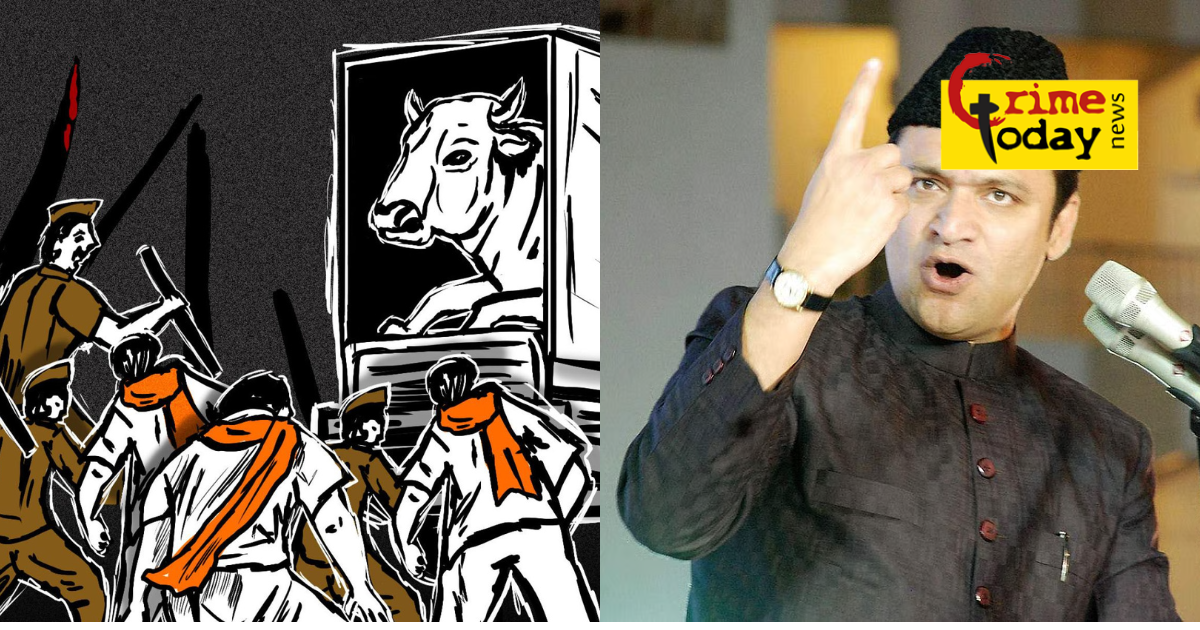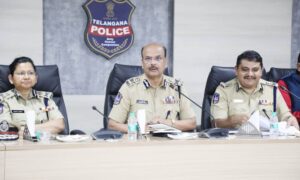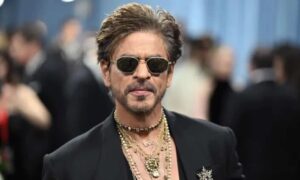
Hyderabad: In a fiery public address, AIMIM floor leader Akbaruddin Owaisi strongly criticized the Bharatiya Janata Party (BJP) and self-styled gau rakshaks (cow vigilantes) over what he termed as blatant “hypocrisy and double standards” surrounding the issue of beef consumption and export in India.
By Naveed Uddin Khan Uzair
Speaking at a rally, Owaisi rhetorically questioned the morality and silence of cow protection groups while highlighting that India ranks as the second-largest exporter of beef in the world, just behind Brazil. He argued that despite this reality, Muslims in India are being attacked, lynched, and their houses bulldozed merely on the suspicion of possessing or consuming beef.
“Who exports the most beef? Number one is Brazil. Number two—India. Modi’s India,” Owaisi said, emphasizing the contradiction between the government’s role in exporting beef and the actions of cow vigilantes on the ground.
He directly called out the BJP’s alleged ties with top beef-exporting companies, accusing them of taking large sums via electoral bonds while simultaneously allowing vigilantes to assault ordinary traders in the name of cow protection.
“They export beef to the world and collect crores in donations, but if we eat beef, we are beaten, jailed, or even killed,” Owaisi thundered. “Why are these gau rakshaks silent when exporters fund the ruling party?”
He condemned the use of bulldozers as tools of intimidation, referencing recent demolitions of homes belonging to those accused of cow-related violence or communal tensions. “Here, beef gets cooked, and homes are burned. Here, allegations alone bring bulldozers,” he said.
Gau Rakshaks Called Out
Mocking vigilante groups as “protectors of the village” (gaon ke rakhwale), Owaisi questioned their selective outrage.
“Why are you silent when big exporters—those sending beef from Modi’s India—donate to your party? You break homes for one meal, but say nothing to those making crores in export,” he added.
He labeled the situation as injustice fueled by religious bias, where Muslims are being treated like criminals for alleged acts that are legal and profitable for others.
Political and Social Reaction
The video of Owaisi’s speech quickly went viral on social media, drawing mixed reactions. Supporters praised him for exposing double standards, while critics accused him of communalizing the issue.
As the debate over beef continues to divide political and public opinion in India, Akbaruddin Owaisi’s remarks once again place the spotlight on selective enforcement, religious prejudice, and the politicization of dietary habits in the country.
Opinion & Conclusion
Akbaruddin Owaisi’s speech taps into a long-standing contradiction that continues to haunt India’s political landscape—the selective outrage around beef consumption and export. His fiery rhetoric might be polarizing, but the facts he raises cannot be ignored. India, despite internal taboos and violence surrounding beef, remains one of the top global exporters. This glaring contradiction reflects a hypocrisy in policy enforcement, where the government facilitates beef trade internationally, while individuals, particularly from minority communities, face persecution for alleged personal consumption.
It raises important questions: Is the issue really about animal protection, or is it about targeting certain communities under the guise of cow protection? Why are companies profiting from beef export celebrated as economic contributors, while a poor trader or consumer is criminalized and sometimes violently attacked?
While Akbaruddin Owaisi’s tone may seem provocative, his argument brings necessary attention to a flawed system of governance where the law is applied unevenly based on religion, political affiliation, and public image. If the government truly believes in banning beef for ethical or religious reasons, why not start by stopping the exports instead of selectively punishing individuals?
In a secular democracy, equality before the law must be non-negotiable. Either the law applies to all exporters and consumers alike, or we admit it’s not about law at all, but about power, politics, and prejudice.
Copyright: © 2025 Crime Today News. All Rights Reserved. | News Videos






